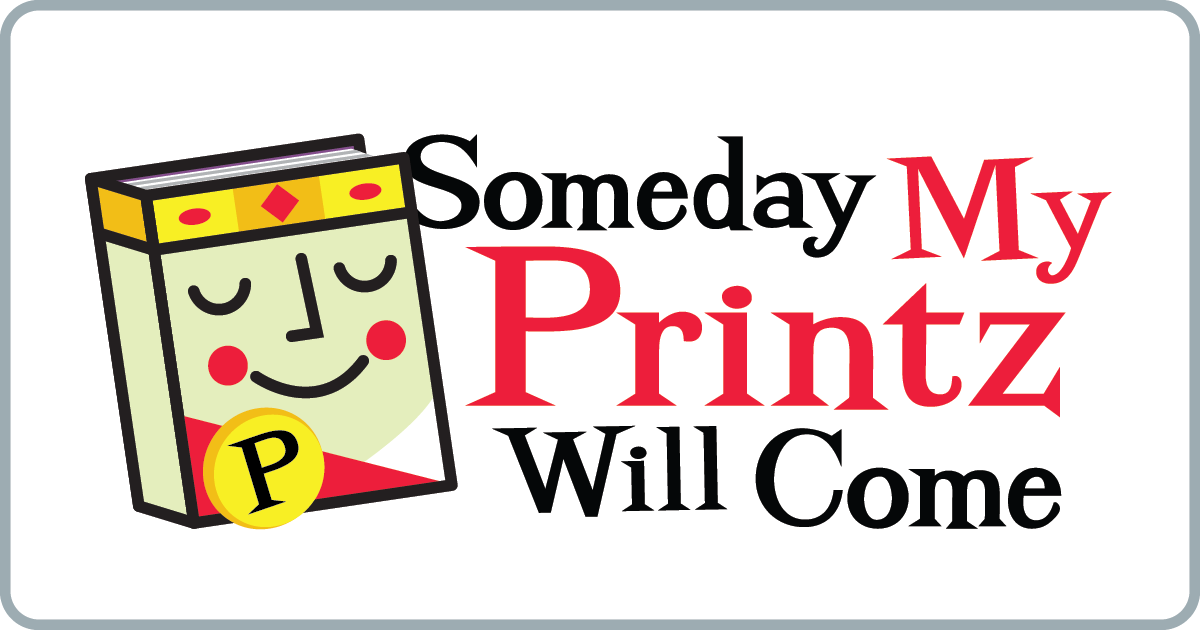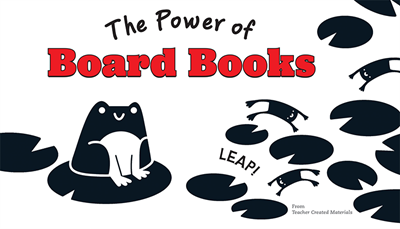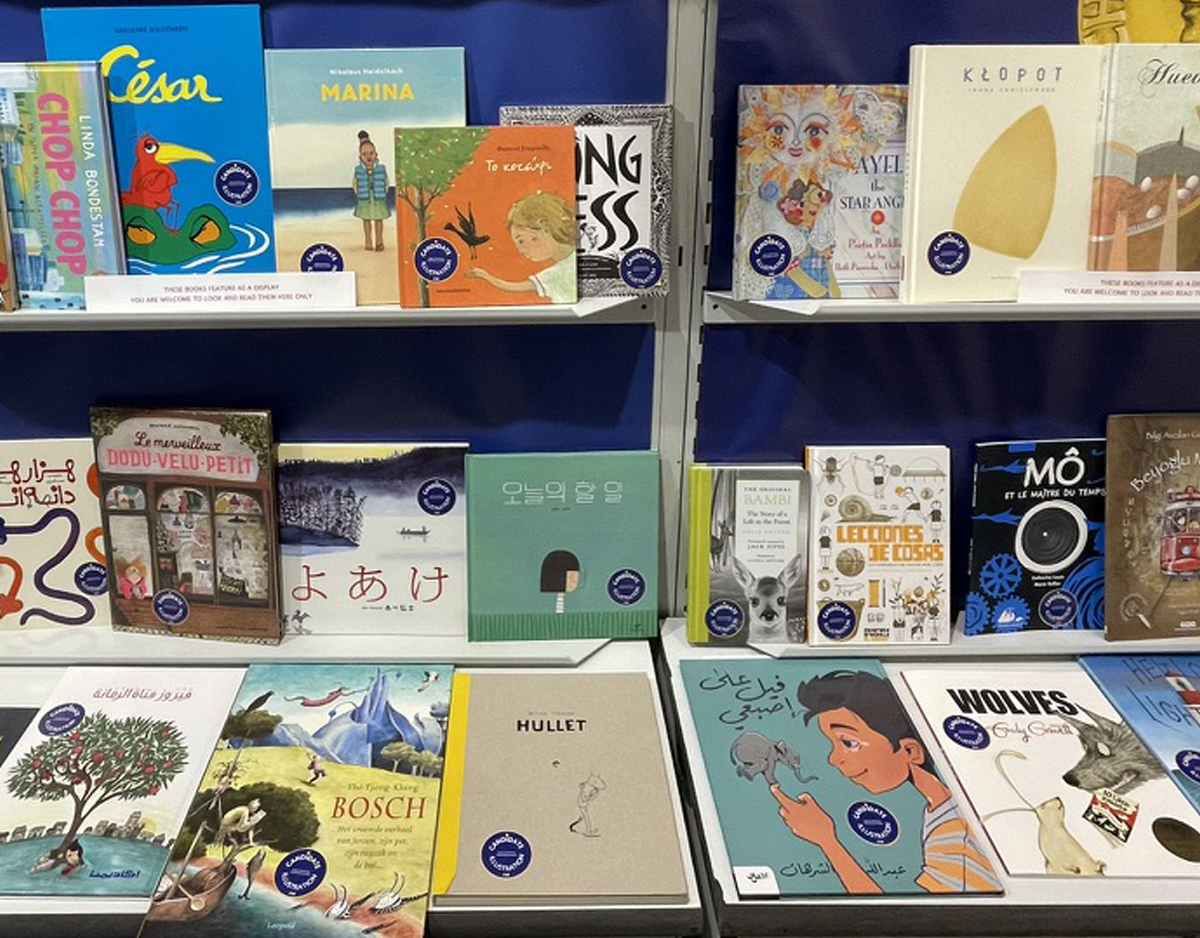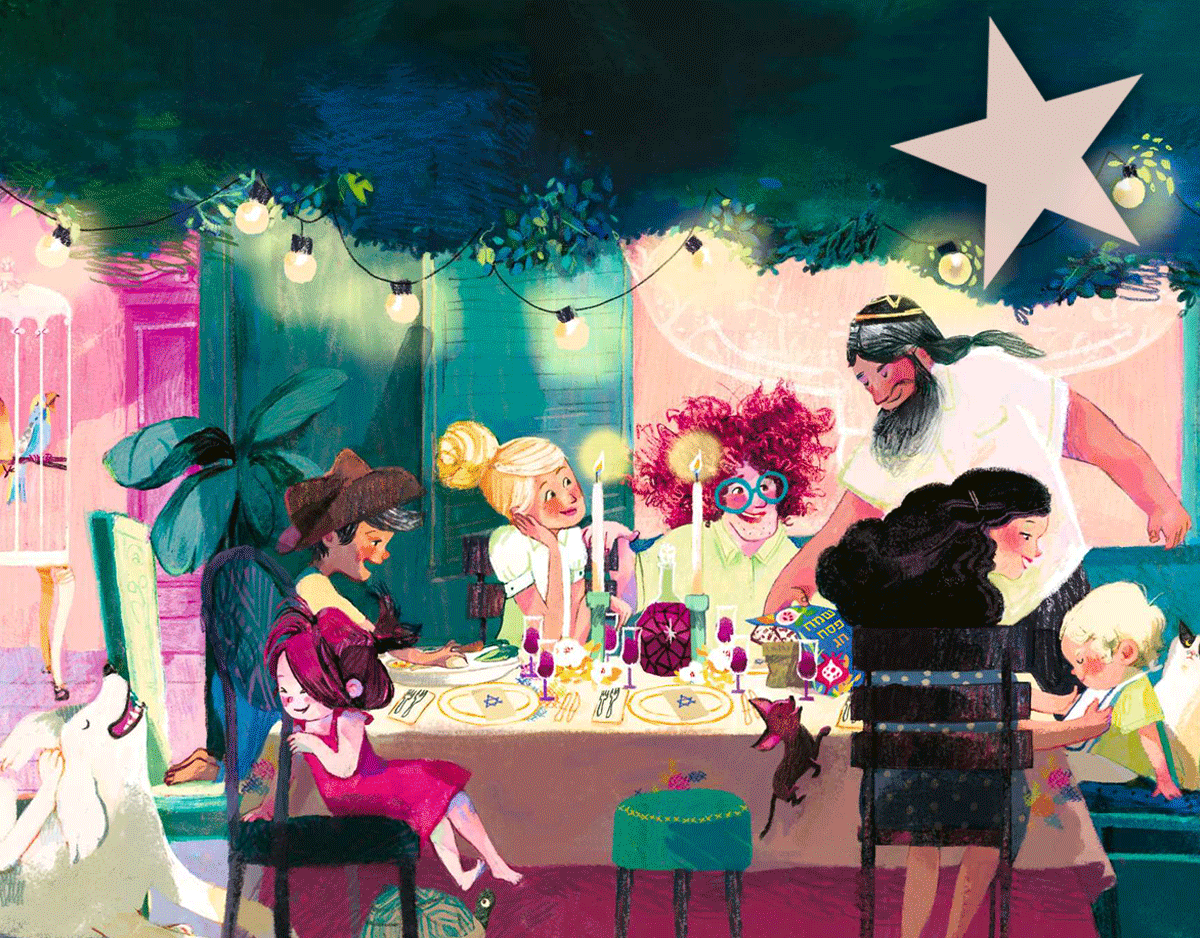SCROLL DOWN TO READ THE POST
Roundup: Books That Pass the Bechdel Test
For years in my teens and early twenties, I read chick-lit like it was going out of style. I didn’t mind the label or the candy colored covers or the many many headless women — I was young, and not in love, and these books filled a hunger. I now scorn the love triangle in EVERY. DAMN. BOOK, especially in genre, but I understand why it holds appeal. But I’ve also developed a real appreciation for a different kind of love story, the kind about friendship with no romantic overtones but which is just as rich and deep as any romantic love story.
“It’s like being in love, discovering your best friend,” as Elizabeth Wein put it in Code Name Verity.
And in September, two lovely examples of exactly this kind of love story came out.
Paper Airplanes, Dawn O’Porter
Amulet/Abrams, September 2014
Reviewed from ARC
Paper Airplanes has its detractors (and only one star), but I loved this one.
Set in 1994, this is truly historical fiction, although it’s crazy to think that 20 years ago — my own college years — was such a different time. But it was, and unlike so many of the books set in an author’s own lifetime, here the time and place are characters in their own right and critical components of this story. Guernsey, a tiny island (just a bit bigger than Manhattan) is culturally British (technically it’s more complicated than that), and for the average USian reader I don’t imagine there will be strong attention paid to ways in which it’s like or unlike other parts of the UK. What will come through is the way in which it’s a small world unto itself, often stifling and restrictive, and the ways in which the story and the time are seamlessly one thing: this story happens at this specific moment, and that’s that.
ADVERTISEMENT
ADVERTISEMENT
That restrictive sense of living in a tiny place where everyone knows everyone permeates everything. The girls in the private girls school have been together for so long that their seats each year are a thing of habit; everyone other than Renée and Margaret is paired off into a best friend diad, and there’s no room to be anyone other than who you’ve been. When Flo, who has spent years as the punching bag of best friend and mean girl Sally, and Renée begin to become friends — tentatively, flirting around, and then with a sort of desperate urgency, because they have both been so painfully lonely for so long — it’s a disruption that feels dangerous to them because in their tiny world change is huge.
And what a friendship. It’s the opposite of the insta-love we all complain about in romantic love stories. This is awkward and tentative and happens through a series of events — the party, then the mutual loss of a parent — and almost falls apart (and almost fails the Bechdel test — Julian definitely gets in the way) before the delightfully happy ending. Flo and Renée’s narratives may lack subtlety, but they are both raw, and Renée is unexpectedly, wonderfully raunchy (that moment when she briefly considers inserting a tampon for passed out Flo is priceless) while Flo is a little sweeter and maybe a bit of a sap but still real.
Of course, it’s not all roses: the adults are a bit over the top (especially Flo’s mother), as is mean girl Sally, and Aunty Jo’s dialogue is so stilted it’s painful. It’s also crowded, which has been raised as a flaw by some — anorexia, dead parents, mean girls, boys who take advantage, and even teen pregnancy — but actually I would argue that life is crowded, and most of that is happening around Flo and Renée, which doesn’t seem all that unbelievable, other maybe than Sally’s storyline. It’s also first in a series, but you’d never know it.
Wildlife, Fiona Wood
Poppy/Little, Brown, September 2014
Reviewed from ARC
Another great one! In fact, take much of what I said was strong about Paper Airplanes, add steroids, and apply it here.
Well, not exactly, but again we have a girl with no friends (new girl Lou), hiding a huge amount of pain, and a girl with a toxic best friend (Sibylla and Holly, who is much more believable, and thus more toxic, than Sally) who needs to stand up for herself. And again we have an isolated space — here a wilderness term — and a not American but still English speaking setting (Australia this time), something I find adds to the reading experience; it’s just other enough to be intriguing and to make it impossible to know if the slang is right or the geography adds up (those little things that can ruin a read), but also just familiar enough not to require extra work or distract with the ways in which it is other. (This is actually the reason Australians win the Printz so often, I think — there are good books all over the place, but sometimes a little bit of distance hides the minor flaws that would be more apparent in a similar book with a more familiar setting. But I digress.) Also, while this one isn’t first in a series, it is, in fact, a sequel (of sorts), although the first book — about Dan, a friend of Lou’s, in which Lou is a character — won’t be out here until August 2015. These two books are in many ways similar, but the fact is that Wildlife has lots more literary chops.
The outstanding element of this one is voice. Sibylla charms in her straightforward, sweet, truly teenaged way (she’s a feminist when she “can be bothered” — there’s lots of quiet humor to admire), but Lou — Lou’s voice is poetry, spiced with raw grief, lightly seasoned with literary allusions and garnished with wordplay, wonderful wonderful wordplay. Also the voices are immediately distinguishable, not just by what they each say but by the ways they say it — you would never confuse Sibylla’s chapters for Lou’s chapters, even when Lou begins the difficult process of coming out of her shell and starts to narrate in more complete thoughts. And while I have no idea what the odds are in terms of RealCommittee (four years of this and all I know is that I know nothing…), I do think the richness of the allusions in Lou’s conversation and the many ways that this book addresses real issues (sex is discussed frankly, grief is explicitly dealt with) make this one that will stand up to deeper and additional readings, although there’s also plenty to enjoy here without that deeper scrutiny.
And while friendship ultimately becomes the centerpiece, this is also two romances, neither happy: Sibylla and Ben, and (unfolding through memory and mourning) Lou and Fred. Neither feels exactly like a romance in the traditional sense, to the benefit of the novel, and I’d never classify this as a romance (that last chapter pretty much declares as much, loud and clear), but tropes of romance and teen movie territory are used with skill. In fact, it’s probably most accurate to say that this is two parallel journeys to a kind of inner strength that become a shared journey; it’s not a book about friendship the way Paper Airplanes is, and, again, not a romance, but instead a book about Sibylla, and a book about Lou, and a book about grief and growing up and finding your place.
And it’s fantastic.
Filed under: Books to look for, Contenders, Fiction
About Karyn Silverman
Karyn Silverman is the High School Librarian and Educational Technology Department Chair at LREI, Little Red School House & Elisabeth Irwin High School (say that ten times fast!). Karyn has served on YALSA’s Quick Picks and Best Books committees and was a member of the 2009 Printz committee. She has reviewed for Kirkus and School Library Journal. She has a lot of opinions about almost everything, as long as all the things are books. Said opinions do not reflect the attitudes or opinions of SLJ, LREI, YALSA or any other institutions with which she is affiliated. Find her on Twitter @InfoWitch or e-mail her at karynsilverman at gmail dot com.
ADVERTISEMENT
SLJ Blog Network
Betsy Bird POPs on The Yarn Podcast
Icon: A 25th Anniversary of Ian Falconer’s OLIVIA and a Talk with Caitlyn Dlouhy and Justin Chanda
Art, Science, and Adventure: ‘Leo Da Vinci’ | News
“To My Sixteen-Year-Old Self”:The Transcendent Power of Literature In The Face of Mental Illness, a guest post by Ella Grace Foutz
The Classroom Bookshelf is Moving
POP! Betsy Bird is on The Yarn
ADVERTISEMENT
ADVERTISEMENT









